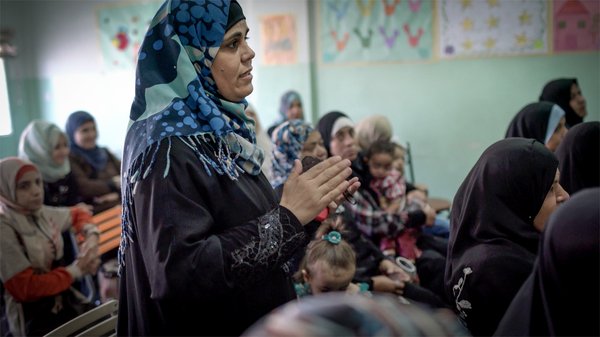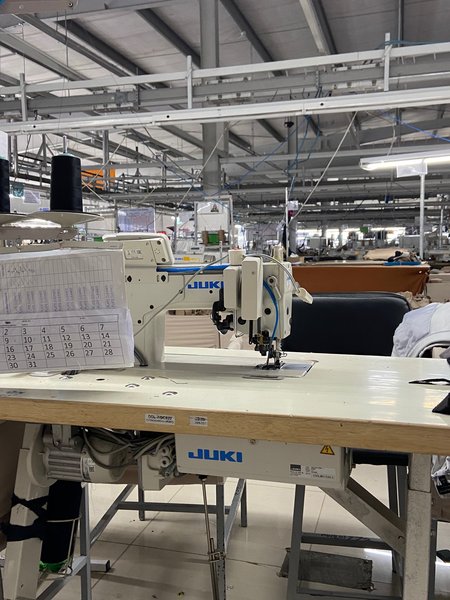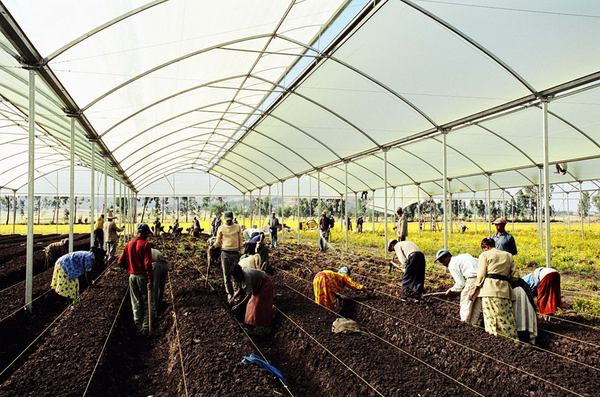
Political demonstration of a group of women from the Salima region (Malawi), members of the United Democratic Front (UDF). Photo by Marcel Crozet (ILO). CC BY-NC 4.0.
This working paper was authored by Rachel Alexander, Copenhagen Business School & University of Johannesburg .
Executive Summary
To better understand the challenges that migrant workers often face in accessing and enjoying their freedom of association and collective bargaining (FACB) rights, this report explores the experiences of migrants in Brazil, Côte d’Ivoire, Ghana, Jordan, Malaysia, and South Africa. The report is the result of a collaboration between the Migration for Development and Equality Hub (MIDEQ) and the International Labour Organization (ILO). The report covers the six MIDEQ destination countries with a focus on migrant workers’ experiences from the MIDEQ origin countries. The material is based on key informant interviews, a review of published material, and a migrant survey conducted by MIDEQ in 2021.
The report considers the roles played by two of the ILO’s three constituents (governments and trade unions) and a selection of other relevant stakeholders (e.g., civil society organisations (CSOs) and international organisations) who shape the national contexts that migrant workers experience. Each of these actors have a different role to play. However, they often interact and have overlapping roles.
Based on reviewing the roles of governments, workers’ organisations and a selection of other relevant organisations operating in each of the destination countries considered, the report identifies key features of each country’s national context. In addition, key barriers that migrant workers face in terms of accessing FACB rights are identified, which are legal, xenophobia and prejudice, lack of resources (e.g., information or language skills), cultural norms, fear, being members of additional groups that experience discrimination, the nature of migrant workers’ jobs, and variations in individual proclivity to join unions.
These barriers, whether external or internal to the migrant workers, can interact and overlap with each other. Despite the wide variety of barriers, across MIDEQ’s destination countries successful examples of established trade unions supporting migrant workers and migrant workers engaging in self-organising are identified. Furthermore, a number of potential actions which may support migrant workers in having increased access to FACB rights are presented.



